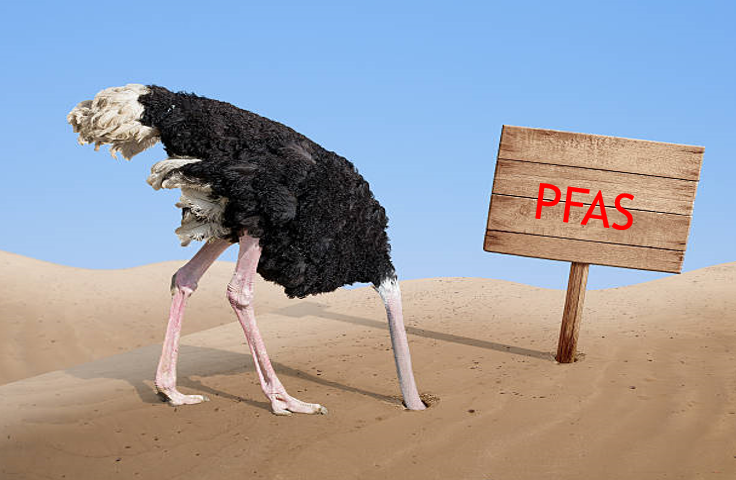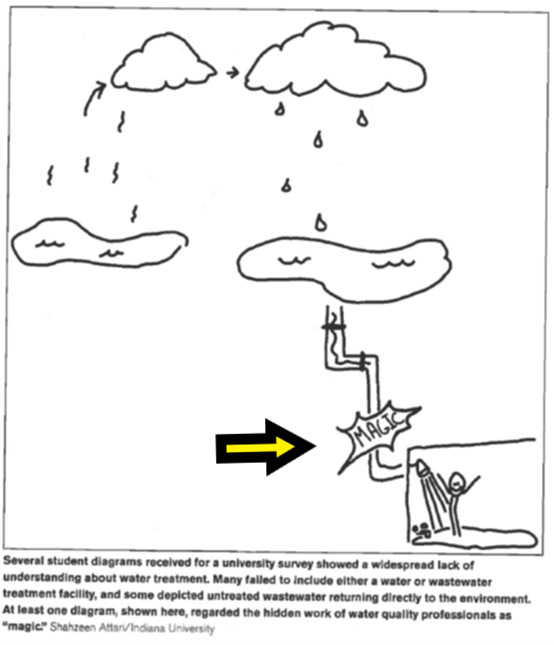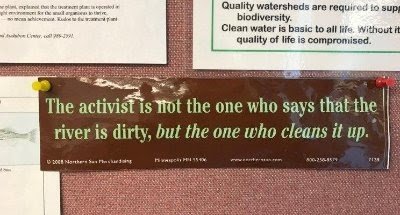How do people figure out what is accurate and what is not? Science, involving diverse researchers reviewing data and repeating experiments, is the basis for understanding reality. Biosolids recycling has been the subject of such science. And we point to that science on our website, letting our readers decide.
Recent Internet postings by Joseph Mercola, David Lewis, and others* - who imply they have done research regarding biosolids recycling to soils and are speaking science – are so outrageous that they must be addressed:
- Has there been a massive, 40-year conspiracy supporting biosolids recycling? No. That's absurd. Two independent National Academy of Sciences reviews have found the federal regulations of biosolids (40 CFR Part 503) to be protective. Scores of universities have researched and accept use of biosolids (e.g. cooperative extension programs provide testing & recommendations for biosolids use), as does U.S. EPA, U.S. Food & Drug Admin., and the U.S. Dept. of Agriculture. All state environmental agencies accept biosolids use on land. Biosolids are likely the most researched material used on farms! And all of the public wastewater treatment facilities that recycle biosolids to soils are making an independent choice as part of their responsibility to protect public health and the environment. More about the abundant, independent science...
- Do biosolids contain significant amounts of industrial waste? No. Industrial pretreatment, which is required for any discharges to sewers, prevents significant levels of any potentially harmful materials reaching public wastewater treatment facilities and, therefore, the sewage sludges that become biosolids. More about industrial pretreatment...
- Can "organic fertilizers" contain biosolids? No. The National Organic Program (which results in that green "certified organic" label on products) does not allow use of biosolids, because the Program defines biosolids as "synthetic." Pretty much every fertilizer and soil amendment containing biosolids states so on the label - and is not labeled "organic." However, biosolids products are often as effective or better, because they generally contain more nutrients, so they are in high demand and sell for $5 - $100 per cubic yard or ton. If you have questions about any product sold in the Northeast, contact us for more information.
- Is biosolids used on most farms? No. There are not enough biosolids to go around. Less than 1% of U. S. farmland receives biosolids.
- Is this a health concern for the average person? Research and regulations protect those individuals who are most exposed to biosolids - such as the farmer using the material. Most people are never anywhere close to biosolids, and any claims of widespread health impacts are absurd. More on the use of biosolids...
Biosolids are tools for achieving significant environmental goals: reducing reliance on energy-intensive chemical fertilizers, improving farm and other soils with organic matter, sequestering carbon, and reducing net greenhouse gas emissions associated with wastewater treatment. Biosolids recycling is an important option for the management of sewage sludge (wastewater solids). And managing wastewater solids is not optional: every community with centralized wastewater treatment and/or septic systems must responsibly deal with these materials. Recycling to soils is often the best environmental choice, as well as being cost-effective.
*David Lewis is a long-term critic of biosolids recycling, but has done little research on the topic himself and has had his arguments rebutted by many scientists. *Joseph Mercola has been admonished by U. S. FDA, and his health advice, while widely read, is considered irresponsible by many.





